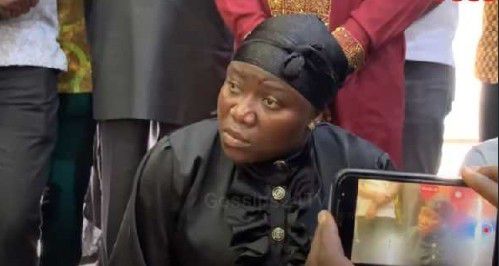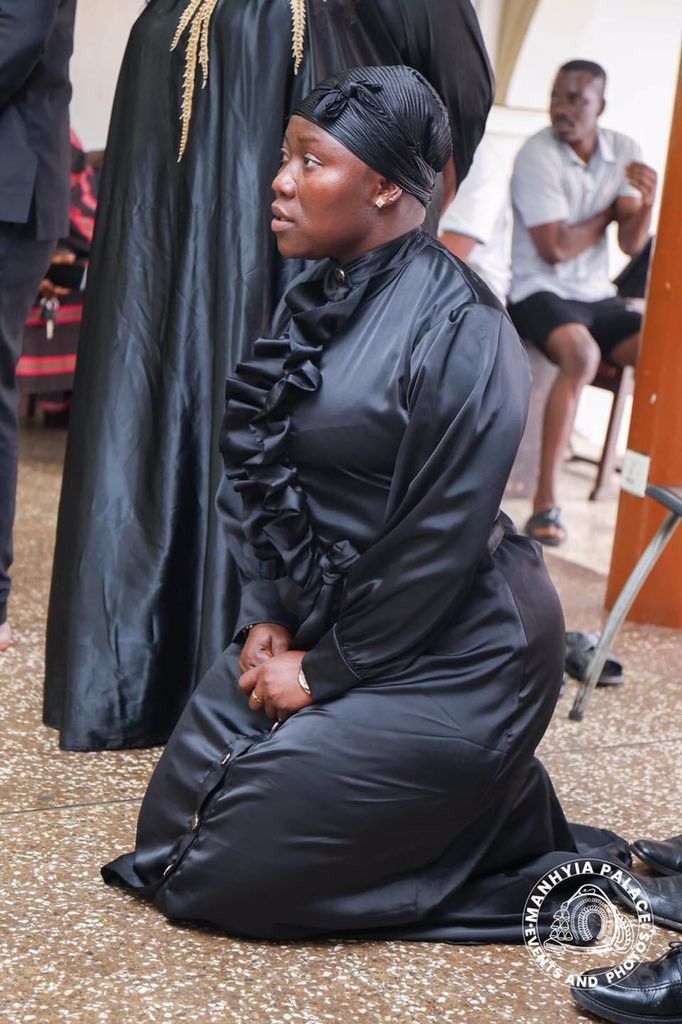Afia Pokua says she gained significant fame and opportunities from the 'Otumfuo scandal'
)
Afia Pokua, a Ghanaian media personality, has opened up about the profound impact her experience at the Manhyia Palace has had on her life.
Her ordeal, which stemmed from alleged disrespect towards the Asantehene, Otumfuo Osei Tutu II, sparked widespread backlash and public condemnation but also brought unexpected opportunities.

Afia Pokua faced public outcry after making critical comments about the Asantehene on live radio, accusing him of inaction during tribal disputes involving the Ashantis and Bonos.
This led to protests, press conferences, and calls for accountability from the Ashanti community. The situation culminated in her being summoned to the Manhyia Palace, where her apology was rejected, and she was labelled as "cursed" by the elders.
Despite the rejection, Afia Pokua views the controversy as a turning point. Speaking in an interview with Smart Ghana TV, she said:
The issue that happened gave me the exposure I never expected. I won't focus on the negatives; the positives have been huge. The fame, popularity, and contacts I’ve gained are unimaginable. Just recently, I was contacted by a chief to be the MC for his birthday through someone who had never met me before.

Afia dismissed claims of being cursed, asserting her faith in God:"I don’t have any curse on my life. I pray like crazy. What the heavens have said concerning my life is what will manifest, not what any human being says.
Reflecting on 2024, Afia expressed gratitude:"2024 has been my year. I won’t deny God the praise. He has looked after my family, loved ones, and even my enemies. I am grateful.
The Apology Attempt
Accompanied by Prophet Kumchacha and a delegation from her media house, Afia visited the palace dressed in black, knelt before the elders, and issued multiple apologies. However, her gestures were dismissed, with the Otumfuo’s representative stating that apologies are not always enough in matters of cultural significance. This controversy highlights the delicate interplay between tradition, media freedom, and public accountability in Ghana, offering a lens into the cultural expectations and consequences of public discourse.
)
)
)
)
)
)
)
)
)
)
)
)
![Adom Kyei-Duah bitterly laments over alleged theft by junior pastors [Video]](https://sportal365images.com/process/smp-images-production/pulse.com.gh/17032025/5e30eb68-791e-46b6-87ae-81f887d0fc86.webp?operations=autocrop(112:112))
)
)
)
)